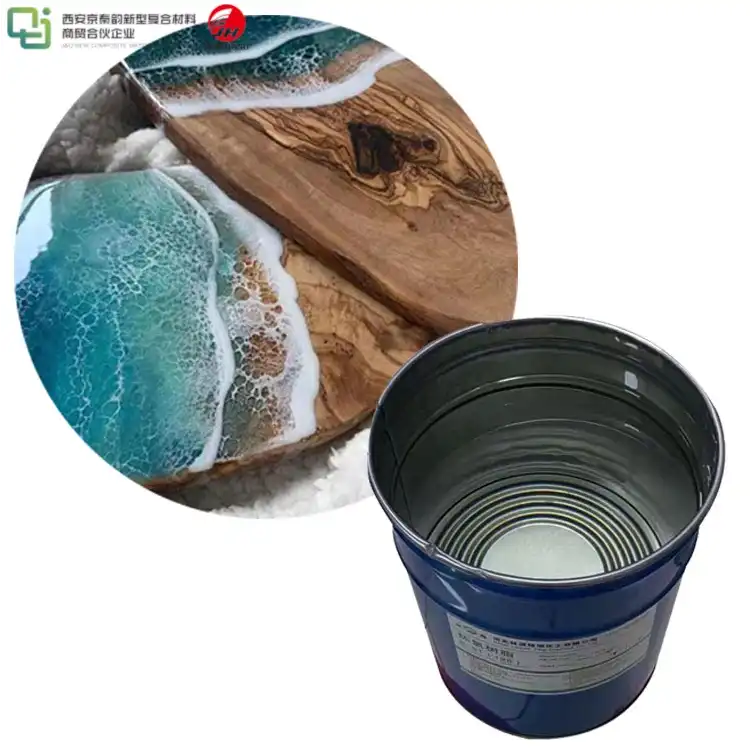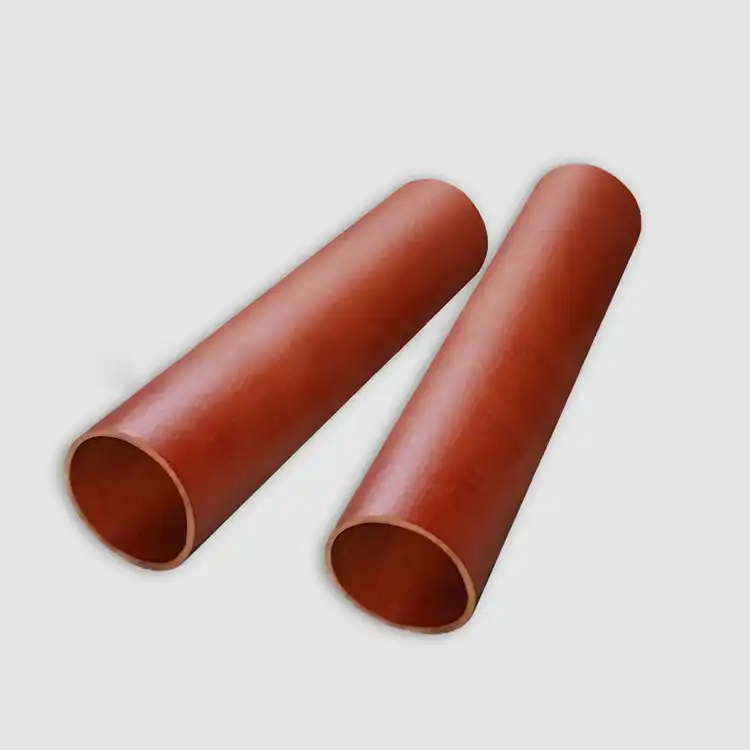Insulation sheet should have what performance
2025-02-12 17:10:16
Insulation sheets are crucial components in various industries, offering thermal, electrical, and acoustic protection. The performance of these sheets is paramount, determining their effectiveness in diverse applications. High-quality insulation sheets should exhibit excellent thermal resistance, preventing heat transfer between different environments. They must also possess strong electrical insulation properties, safeguarding against current leakage and short circuits. Additionally, superior insulation sheets demonstrate fire resistance, low moisture absorption, and durability under various environmental conditions. The ideal insulation sheet combines these properties with lightweight characteristics and ease of installation, making it versatile for use in construction, electronics, automotive, and aerospace industries.
Thermal Insulation Properties
R-Value and Thermal Conductivity
The thermal insulation performance of a sheet is typically assessed using its R-value and thermal conductivity. The R-value measures the material's resistance to heat flow, with higher values indicating superior insulating properties. Thermal conductivity, on the other hand, reflects how quickly heat moves through the material. High-quality insulation sheets excel by combining high R-values and low thermal conductivity, ensuring minimal heat transfer and improved energy efficiency. These characteristics make them ideal for maintaining consistent indoor temperatures.
Temperature Resistance
High-performance insulation sheets are designed to endure extreme temperatures without compromising their insulating capabilities. This durability is crucial in industrial settings, where materials often face severe temperature fluctuations. Superior insulation sheets maintain their structural integrity and thermal resistance across a broad temperature range, ensuring consistent performance and reliability. These qualities make them indispensable for demanding applications requiring long-lasting and stable insulation solutions.
Thermal Expansion Coefficient
The thermal expansion coefficient of an insulation sheet plays a vital role in its overall performance. Materials with a low coefficient are ideal as they resist significant changes in size when exposed to temperature variations. This stability prevents the formation of gaps, cracks, or stress points in the insulated system, ensuring the sheet remains effective and reliable over time. Such properties are essential for maintaining consistent insulation in both residential and industrial applications.
Electrical Insulation Capabilities
Dielectric Strength
Dielectric strength is a key factor for insulation sheets in electrical applications, indicating the highest electric field the material can endure without failure. Insulation sheets with high dielectric strength offer superior protection, effectively preventing current leakage and reducing the risk of electrical breakdown. This property is especially critical in systems operating under varying voltage levels, where reliable insulation ensures safety and optimal performance in demanding environments.
Volume and Surface Resistivity
Volume resistivity and surface resistivity are essential metrics for evaluating an insulation sheet's effectiveness in preventing electrical flow. Volume resistivity measures the material's resistance to current passing through its thickness, while surface resistivity gauges resistance along its surface. High-quality insulation sheets excel in both areas, offering strong protection against current leakage. This enhances electrical safety by ensuring the material can withstand electrical stress without compromising performance, making it ideal for high-voltage applications.
Frequency Dependence
In applications involving alternating current (AC) or high-frequency signals, the insulation sheet's ability to perform consistently across various frequencies is crucial. High-quality materials maintain their insulating properties across a wide range of frequencies, preventing signal distortion or loss of efficiency. This ensures the insulation remains effective in diverse electrical environments, such as telecommunications or power systems, where reliable performance is essential to maintaining system stability and minimizing energy loss.

Mechanical and Physical Attributes
Tensile Strength and Flexibility
The mechanical properties of insulation sheets significantly influence their durability and ease of installation. Optimal insulation materials strike a balance between tensile strength and flexibility. High tensile strength ensures the sheet can withstand mechanical stresses without tearing or breaking, while flexibility allows for easier handling and installation, particularly in complex geometries or tight spaces.
Moisture Resistance
Moisture can severely compromise the effectiveness of insulation materials. High-performance insulation sheets exhibit low moisture absorption rates and maintain their insulative properties even in humid conditions. This characteristic is crucial for preventing mold growth, maintaining thermal efficiency, and ensuring long-term durability of the insulation system.
Fire Resistance
Fire safety is a critical concern in many applications of insulation sheets. Superior insulation materials demonstrate excellent fire resistance, including low flame spread and smoke development rates. Some high-performance insulation sheets even incorporate fire-retardant additives, enhancing their ability to withstand and inhibit the spread of fire, thus contributing to overall safety in buildings and industrial settings.
Conclusion
The performance of insulation sheets is a multifaceted concept encompassing thermal, electrical, and mechanical properties. Ideal insulation materials excel in thermal resistance, offering high R-values and low thermal conductivity. They also provide robust electrical insulation with high dielectric strength and resistivity. Mechanically, they combine strength with flexibility and resist moisture and fire. The specific performance requirements may vary based on the application, but these fundamental characteristics form the backbone of high-quality insulation sheets, ensuring efficiency, safety, and longevity in diverse industrial and commercial settings.
Contact Us
For more information about our high-performance insulation sheets (FR4 Epoxy Fiberglass Sheet,3240 Epoxy Fiberglass Sheet,bakelite board,phenolic cotton sheet) and how they can meet your specific needs, please contact us at info@jhd-material.com. Our team of experts, backed by over 20 years of experience in production and 10 years in international trade, is ready to provide you with perfect service and tailored solutions for your insulation requirements.
References
1. Thompson, J. R. (2019). Advanced Thermal Insulation: Principles and Applications. Journal of Materials Science, 54(15), 10425-10442.
2. Chen, X., & Liu, Y. (2020). Electrical Insulation Materials: Properties, Selection, and Application Guidelines. IEEE Transactions on Dielectrics and Electrical Insulation, 27(1), 339-360.
3. Patel, M., & Smith, R. (2018). Moisture Effects on Insulation Performance: A Comprehensive Review. Building and Environment, 131, 143-157.
4. Yamamoto, K., et al. (2021). Fire-Resistant Insulation Materials: Recent Advances and Future Prospects. Fire Technology, 57(3), 1079-1112.
5. Brown, A. D., & Johnson, E. M. (2017). Mechanical Properties of Insulation Sheets: Influence on Installation and Long-term Performance. Construction and Building Materials, 156, 587-600.
6. Garcia-Romeu, M. L., & Fernandez, A. (2022). Insulation Sheet Performance Metrics: A Comparative Analysis for Industrial Applications. Industrial & Engineering Chemistry Research, 61(2), 846-861.







